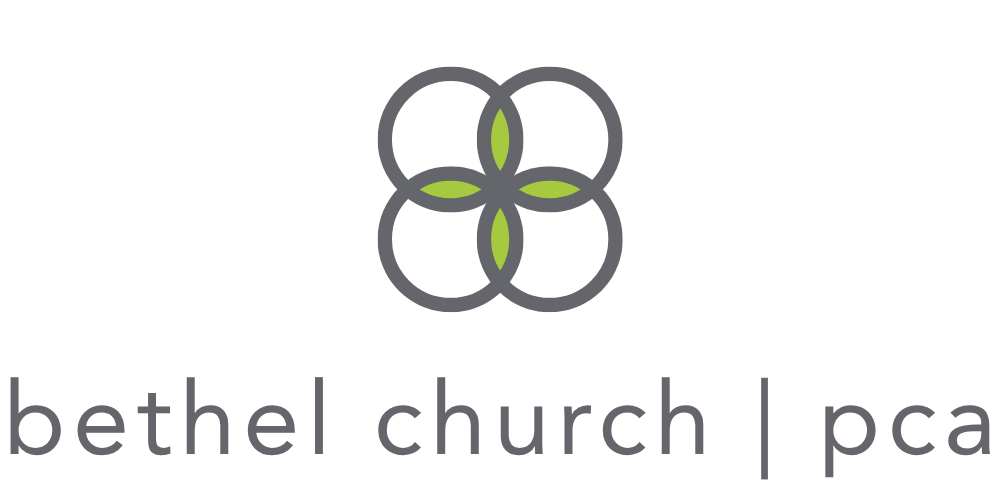Mar 12, 2017 | Rev. Anton Heuss
Toiling and Moiling - for What?
In 1831 Alexis de Tocqueville observed a “strange melancholy in the midst of abundance” that haunted Americans. We work so hard, we have so much: why are we still unhappy? Jack Miller once ironically said, “Cheer up! You’re a lot worse than you think.” Ecclesiastes agrees. The obstacles to happiness, he says, are insurmountable: there’s injustice in the halls of justice, oppression in places of power, and envy in the workplace. The problem is that we still think we can fix what ails us. Ecclesiastes says we can’t. There is One who can! This Sunday we’ll hear the good news of how Christ gives us a new way to approach work and sets us free to do the things God calls us to do with true contentment and joy.
Series Information
ANYTHING BUT TRITE:
AN HONEST QUEST FOR MEANING IN LIFE
Can faith survive honesty? Ecclesiastes was written before Christ, but even after Christ, we who know Him still wrestle with the way the world is. God is sovereign, but life is hard. All creation is subjected to futility: it groans and we groan too (Romans 8:20-22). Things just don't turn out the way they should. For all our sophistication, we still often feel like a child, lost in the fog, searching for meaning. The writer of Ecclesiastes cried out for something new. In the fullness of time, God answered his call and sent Christ. Christ broke the power of reigning sin, and because of His work, soon it will be death that's dying. Christ is the wisdom God gives us that enables us to eat, drink, and enjoy our work until the dawn rises, for we know the dawn will rise. Can faith survive honesty? Yes, because of Christ. We can acknowledge the pain and futility of life in a fallen world. We can also acknowledge hope.
